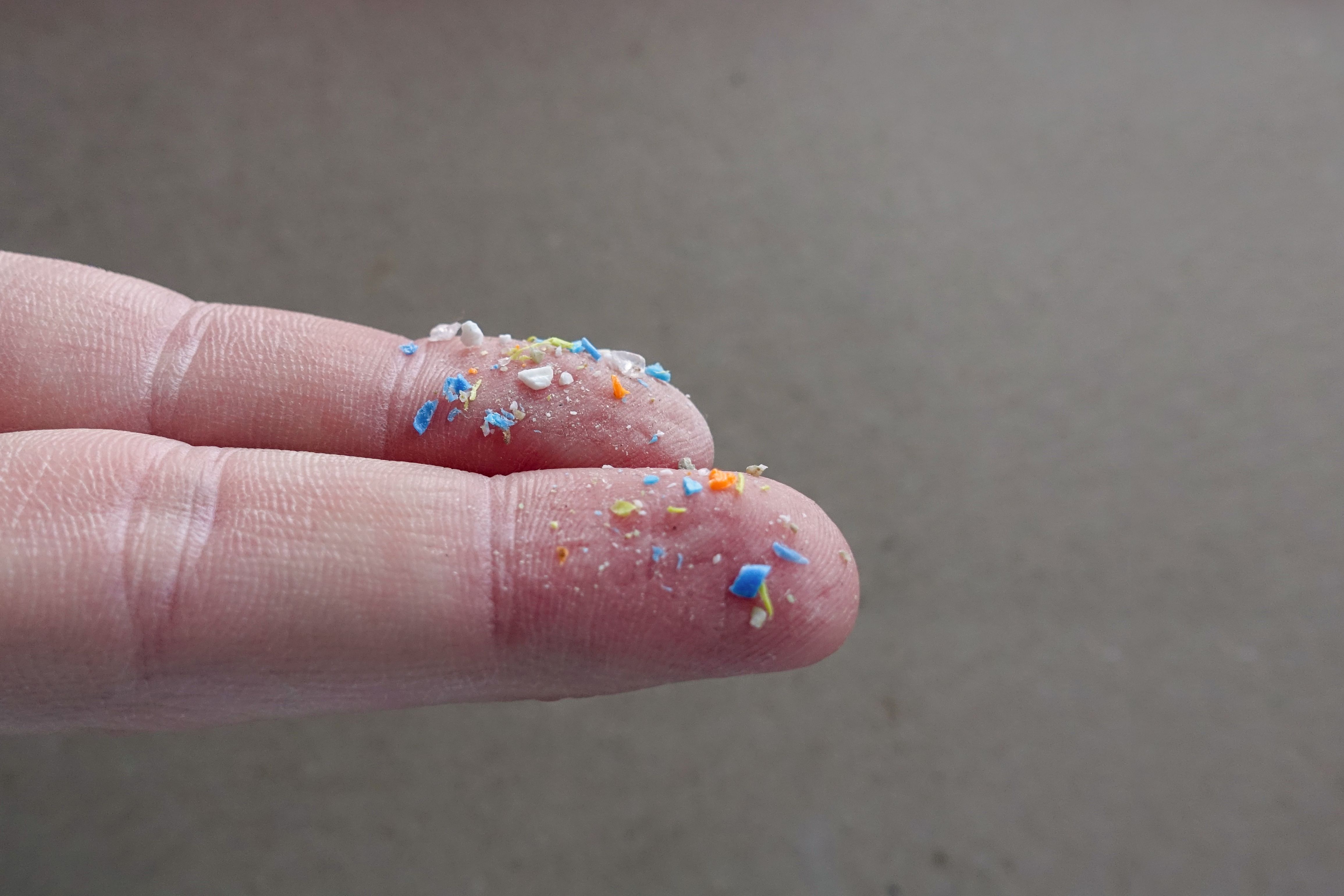
(Vienna, 18 June 2021): Five large-scale research projects have come together in a new European research cluster (CUSP) to study the health impacts of micro- and nanoplastics. The cluster includes 75 organisations from 21 countries. MedUni Vienna is a partner in the "IMPTOX" project, which is investigating the complex role of micro- and nanoplastics in combination with harmful environmental pollutants on food safety and human health, with the emphasis on allergies and asthma.
Over the course of the next five years, a multidisciplinary team of scientists and political decision-makers will work together on this massive research effort that has been funded by the European Commission to the tune of €30 million. Researchers will try to trace the complex relationship between micro- and nanoplastics (MNPs) and our health and will concentrate, in particular, on exposure pathways, risk assessment and the development of new analysis tools for measuring, characterising and quantifying MNPs.
Microplastics and nanoplastics are everywhere
The amount of microplastics and nanoplastics present in the environment has been continuously increasing over the past few years. The small plastic particles are formed during the breakdown of large pieces of plastic or are industrially manufactured and added to cosmetics, synthetic textiles and exfoliating products. It is now clear that MNPs are part of daily life over the entire globe. We incorporate them with our food, from the groundwater and, last but not least, with the air we breathe. Harmful substances such as heavy metals, allergens, toxins and microorganisms can attached to them and further endanger the environment, as well as human and animal health. Despite the omnipresence of micro- and nanoplastics, we do not currently have the tools to measure and characterise them properly, nor do we know where they end up after we have incorporated them or what impact they will have on our health.
CUSP's five foundation projects
The five multidisciplinary research consortia that launched the CUSP cluster consist primarily of universities and research institutions, as well as small and medium-sized businesses, non-profit organisations and state institutions. They will concentrate on investigating various aspects of micro- and nanoplastics in relationship to health, such as, for example, their potentially harmful effects on pregnancy and the early stages of life, the relationship between micro- and nanoplastics, allergic diseases and asthma, their impact on the human intestinal tract and immune system, as well as on developing a comprehensive measurement and testing programme. The research projects are: AURORA, IMPTOX, in which MedUni Vienna is participating, PLASTICHEAL, PLASTICSFATE and POLYRISK.
The EU's Horizon 2020 "Imptox" project, in which MedUni Vienna is participating, is investigating the effects of micro- and nanoplastic particles (MNPs) on human health. A consortium of twelve partners from eight European countries is investigating the complex role of micro- and nanoplastics in combination with harmful environmental pollutants on food safety and human health, with the emphasis on allergies and asthma. "In the Imptox project we will investigate, for the first time, the consequences of the environmental or dietary burden due to MNPs on allergies and asthma, using various preclinical models and clinical studies with allergic children," says Imptox project coordinator Tanja Ćirković Veličković from the Chemistry Faculty of the University of Belgrade in Serbia. "We don't yet know the impact of risks due to MNPs on allergic diseases," says Imptox partner Michelle Epstein from MedUni Vienna, an allergologist and immunologist, who will be studying the effects of MNPs in models for allergic asthma and food allergies at the Medical University of Vienna in Austria. "Apart from that, we do not understand how MNPs interact with allergens in our environment or with our immune systems," confirms Imptox partner Marianne van Hage, clinical immunologist at Karolinska Institutet in Sweden. Imptox will run over the next four years and is being led by the Chemistry Faculty of the University of Belgrade with a multidisciplinary team from universities, research institutions and small and medium-sized businesses in Serbia, Belgium, Austria, Sweden, France, Croatia, Italy and Switzerland.
Join the CUSP Community
https://bit.ly/3zxqNtF
Follow CUSP on twitter
https://twitter.com/CuspResearch
Join the CUSP LinkedIn Group
https://www.linkedin.com/company/77941707
Find CUSP output on Zenodo
https://zenodo.org/communities/cusp-research
On the CUSP YouTube channel, you can find the recording of the public launch event:
Watch CUSP activities on YouTube
https://www.youtube.com/channel/UCCy77g2JfVxTai1fXWnBlkA